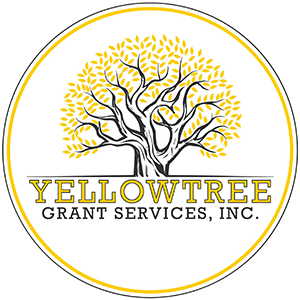Getting Started as a New Grant Writer
You have just been assigned the role of grant writer for your department, which feels like being chosen as the captain of a ship without ever having set sail before. You are excited to help find funding, yet you are overwhelmed, as you have no real idea where to start navigating the choppy waters of grant applications!
Breaking the process into manageable, logical steps will set you up for success. These tips will help you begin:
Define Your Project & Goals
- Ensure your project’s purpose is clear, with set measurable objectives and outcomes (what will you do, why you will do it, and what will change as a result).Research Funders
- Identify grants that align with your project.
- Study funder guidelines and ensure a fit before applying. Be selective!Build Relationships
- Reach out to funders and attend relevant workshops or webinars to better understand their priorities. Introduce your organization and your project when the opportunity presents itself.Organize Your Proposal
- Include all key components: needs statement, project description, activities, outcomes, evaluation, sustainability plan, and budget. Find all required documentation in advance (audited statements, articles of incorporation, etc).
- Develop a realistic budget, ensuring expenses and revenues directly support project activities and expenses are eligible.
- Important: If the funder provides a specific form or portal, you must use it.Tailor Your Proposal
- Review and customize your proposal to ensure it clearly aligns with the funder’s priorities.Write Clearly and Persuasively
- Reflect on the funders’ language in your proposal. Avoid long narrative writing. Don’t be afraid to use bullet points! Use data and evidence to illustrate your impact.Proofread and Submit
- Review and proofread multiple times to ensure compliance with funder guidelines. Since projects may evolve during the application writing process, a final review is crucial. Have someone else read it—writers aren't always the best editors.
- Plan your application to submit before the deadline to avoid last-minute issues like portal crashes or email problems.Follow Up
- The funding world is competitive. Don’t be discouraged by unsuccessful submissions. When possible, ask for feedback for your own learning and to lay the foundation to build a relationship with the funder for future success.
